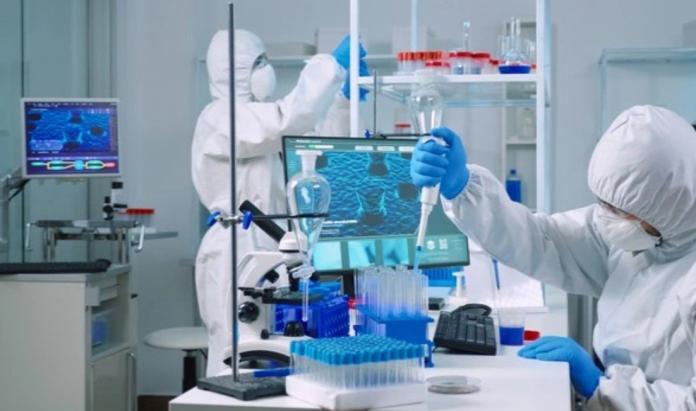In the age of data and information, big data is no longer unique to companies and organizations. It is a recognized reality because firms may develop analytics, create good choices, identify new market trends, and boost efficiency by using big data solutions. As the volumes of data keep expanding, companies are seeking more inventive methods to maximize big data. One of the primary interactions of big data analytics with companies is that their dependency on the internet develops and the quantity of data created by the quick growth and constant evolution of technologies.
Over the previous several decades, Big Data and artificial intelligence have advanced significantly in sophistication and utility. At the end of the twentieth century, big data and artificial intelligence were still in their infancy and incapable of performing many jobs. Robots in the workplace were just a concept that existed inside the pages of science fiction novels.
Today, however, the situation is drastically different. Thanks to “personal assistants” such as Siri and Alexa, our daily lives are enriched by artificial intelligence. It is not unusual for us to come across robots at the grocery store or engage with AI-powered devices. Technology has advanced to the point that it can do the significant heavy lifting.
Examine how developing technology will affect the workplace of tomorrow
1. Identifying, recruiting, and maintaining top-tier talent
Artificial intelligence (AI) is the ideal solution for improving your employment process. Using technology, you can rapidly identify possible prospects among hundreds of social profiles and thousands of applications. You can also quickly identify a range of suggested applicants from among many potential candidates. AI may then automatically communicate with such individuals positively and engagingly, resulting in a robust pipeline of the most qualified applying for the post.
2. The Shift in Cultural Attitudes
Nowadays, Big Data development services are altering both the competitive environment and consumer expectations, resulting in a cultural change among the world’s most successful companies. Big data is the long-term viability and social media integration helping us to be more productive at our jobs. Executives who see that the digital disruption brought in by artificial intelligence is transforming the competitive environment and adjusting standards with consumers are championing a cultural change that is affecting practically every element of how we do business are driving this movement. And the most significant change is how we perceive, value, and commercializes information, which has been made feasible by data-driven decision-making.
3. Upgraded Employee Recruiting Process
According to Enterprise Innovation, 60 percent of talent acquisition experts believe that big data and artificial intelligence are significant in recruiting. It is because companies can also utilize data to make more informed decisions regarding recruiting. By using data acquired from other workers or prior recruiting attempts, new technologies may apply particular methods that can indicate patterns and measure the performance of future employees who are being considered for hire. For example, a series of exams may be administered to various employees and job hopefuls to record their performance. The system then creates the perfect employee and utilizes it as a starting point for subsequent candidates to follow in their footsteps.
4. Less Employee Retention
In addition to helping businesses improve recruiting procedures, they may also use big data to help increase employee retention rates. Big Data algorithms can predict which workers are most likely to depart based on the data supplied by them. Afterwards, the technology may send emails to those workers offering those discounts or other job options.
Data analytics may also identify areas where employee engagement can be improved. Using analytics, companies can check that their workers perform better when they participate in group activities such as lunch. Putting their concept to the test yielded positive results as early as three months when they discovered that personnel handled calls 23 percent more quickly than they had been before.
What future lies for AI and Big Data?
The dirt has not yet cleared from the paradigm-shifting influence of Big Data on the way we do things, partly since technology remains to improve at an alarming rate, despite the passage of time. In today’s data sector, AI and Big Data are often synonymous. In other words, they are mutually beneficial. Big Data Development Services is concerned with the analysis and processing data and it is growing rapidly. The data that has been processed is subsequently managed to utilize data storage strategies. Furthermore, since the great majority of data now is Big Data, the industry’s worth is expected to increase significantly in the next decades.







